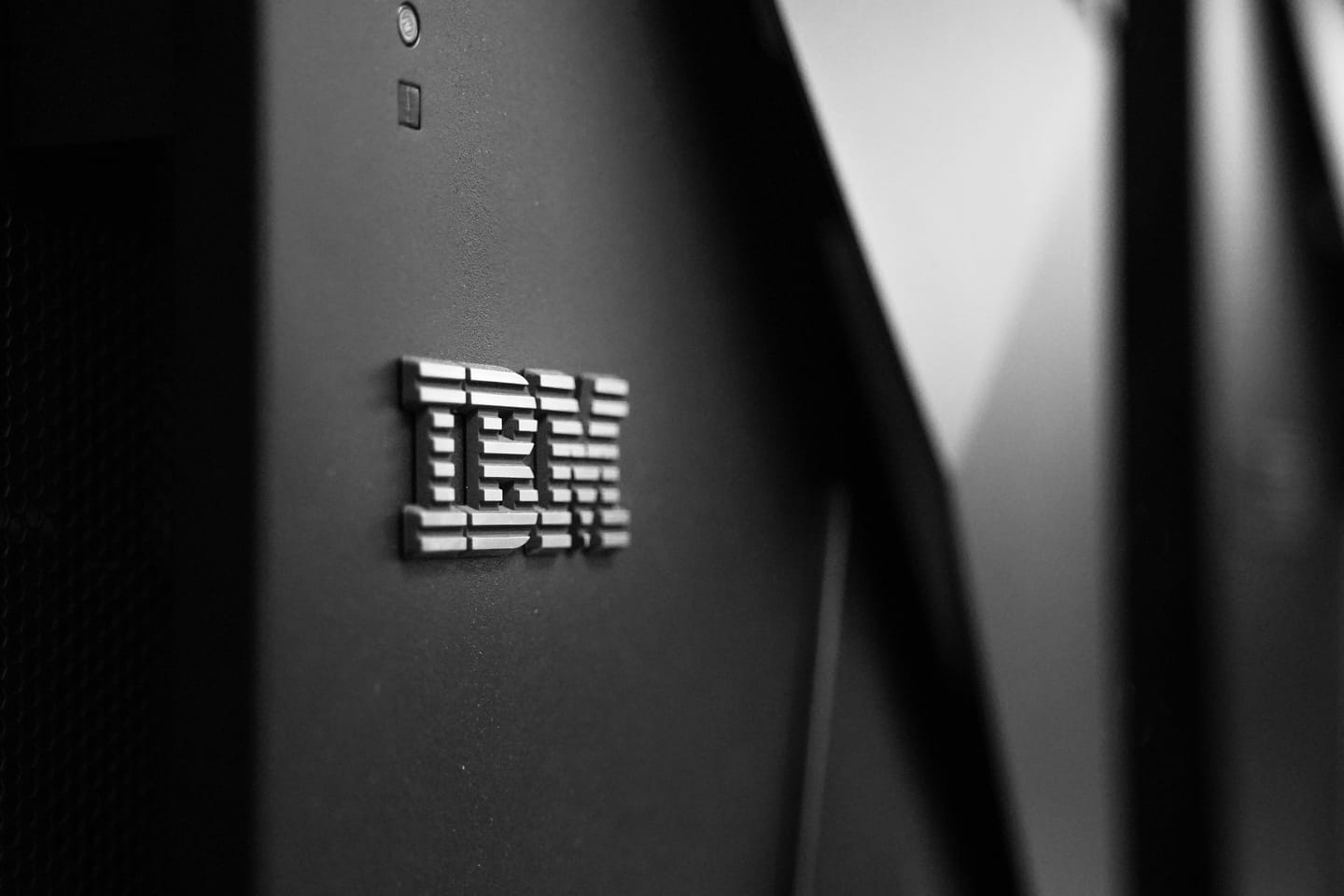The Social and Economic Risks of the US–China AI Race
By 2025, the AI arms race between the United States and China has reached a new level, carrying not only economic but also social consequences. American companies are pouring significant capital into AI development, while China accelerates its industrial and military applications with state support. According to Tim Gordon, Partner













